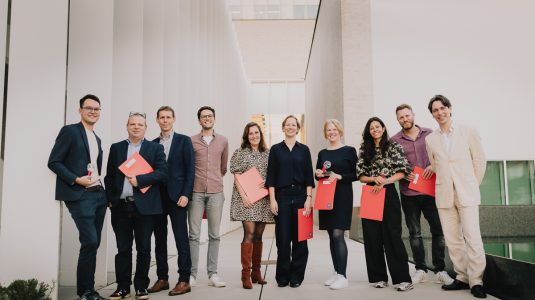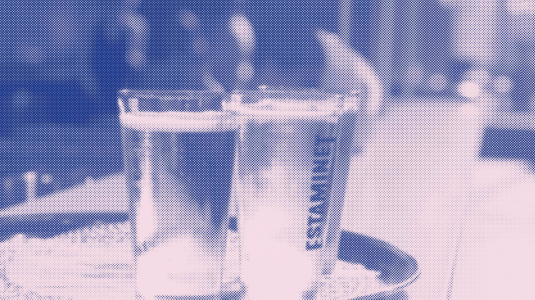Opening speech, Margo Smit, director VVOJ
Friday November 16, 2012, 10.30hr.
(only the spoken word counts)
Good morning, dear colleagues; participants, speakers, trainers, sponsors and students,
It is always exciting to see you all here. Every year, on the day before the conference, I anxiously look for signs that World War 3 is about to start, out of fear that none of you can make it, for work is calling. But here you are!
Ten years ago, we held the first conference in Utrecht, some of you were there. So this is the 11th we are holding, three of which were international editions (including this year). Quite an achievement for a teenager, don’t you think?
On February 26, 2002, Vereniging van Onderzoeksjournalisten VVOJ officially registered as an association. In these ten years, VVOJ welcomed over 3000 participants to its conferences; it hosted more than 100 debates, specialized training days and smaller network sessions; it has been publishing yearbooks since 2003; and giving out awards since 2004; it conducted a number of studies into our work field; went to several dozen newsrooms to train and teach; lobbied for better circumstances for investigative reporting, for a more inclusive freedom of information act, and much more. All to help improve the level of reporting and to advance the amount of quality output. And all mainly done by volunteers!
Today, we add another branch to this young but fast growing tree, by providing a new website for all reporters struggling with finding, curating, and visualizing data and information. We will give you a sneak preview this morning.
It almost sounds too good to be true, doesn’t it? If VVOJ is thriving, so should investigative reporting, shouldn’t it? Well, there is plenty to be concerned about.
For it was only this last weekend when it once again became crystal clear to me how fragile it is what investigative journalists do. I was watching in awe as in Britain the BBC Newsnight scandal unfolded. Here, on this same spot, after our opening key note speech, I was supposed to hand over the microphone to a colleague with a firm standing in our business, running a small but boisterous bureau of driven and hard-working reporters, trying for the first time in Britain a non-profit business model for in-depth journalism in an economically more and more challenging news environment. But I will not hand the microphone to Iain Overton, who is now the former director of the Bureau of Investigative Journalism. He resigned after the latest Newsnight scandal, which his agency produced. As a consquence, he cannot be here with us today. For in this job, where we continuously hold others to high standards, we ourselves are of course only as good as our last (scrupulously checked) publication.
Though investigative reporting around the world is not falling apart over this, how can it be that two, even though major, screw-ups, at one program –as esteemed as it is- can cause such a credibility crisis far wider than the UK? With the phone hacking scandal, we could still just scold the tabloids. This wasn’t US serious investigators, this was THEM. But this time? Why does it hurt? Because Newsnight is such an icon? Perhaps. More likely: because there are so few media outlets doing serious journalism that it rubs off on all of us when one falls short.
We would have loved to transform our opening key note into a discussion about all of this with British colleagues playing a part in this accident-with-far-reaching-effects on the general perception of investigative reporting. We have talked to many over the last few days, to bring one over here this morning. But though some were very willing to speak out, also from within Newsnight, none could or were allowed to. But silence is no answer to any crisis. Not the least a credibility crisis.
As journalists, our credibility is paramount to our effectiveness. Our work won’t matter if the public doesn’t believe us. That holds true for reporters in general, but perhaps even more for us investigative reporters. For we supply the stories that are often unwelcome, that are unveiling what others would like to keep secret, that are uncovering the unjust or exposing the unacceptable. We ride a high horse, and thus are easy targets. So yes, we have to hold our high standards also to ourselves, and we have to do so transparently.
As our colleague from The Guardian, David Leigh wrote last Monday, in a column reflecting on investigative reporting in general: “It will always be true that such journalism can be dangerous, certainly compared with writing opinion columns or recycling press releases. The pursuit of exposures can hurt people, sometimes in unpredictable ways.”
But he also added, to keep us grounded, that “investigative reporting is not rocket science, and it is probably not as difficult as domestic plumbing.”
Quoting another colleague, Nicky Hager from New Zealand, in a lecture there three weeks ago, investigative journalism is ‘persistence and plain hard work’, ‘searching for solid evidence’. Only if we do that, we can expect our public to care enough to take action when we expose wrongdoing. Evidence needs to be checked and double-checked. And we need to be transparent about that.
For this is what seems to have gone wrong in the UK this time, and what has lead to an entire profession coming under fire. Of course, we can always find explanations for why an ‘unfit to print’ story was published or a ‘fit to print’ story wasn’t. Commercial pressure, political pressure. Or sometimes, plain and simple, a need for speed (one of our worst enemies!)
If we stick with the case of Newsnight, for this influenced the line-up of our conference so notably that one trade magazine in the Netherlands reported on Wednesday the entire conference was cancelled. In the Newsnight case, one BBC-reporter said to David Leigh: “There is a common thread running through the failure of Newsnight to run the investigation into real sex abuse by Jimmy Savile, and its insistence on running the false investigation into non-existent sex abuse by McAlpine. In each case, executives did not look at the actual evidence.”
Which brings me to another part of the problem, for who are those ‘executives’ that this BBC reporter meant? , Since visualization of information is such an important part of our conference this year, let’s try to illustrate this 😉
Have a look at the chart put together by Simon Rogers at the Guardian Datablog, someone who, almost to perfection, knows how to do visualization of information. He drew a picture of the decision making process at Newsnight for the ill-fated November 2nd broadcast on the alleged paedophile propensity of a Tory politician.
Show slide
Doesn’t just looking at this make it clear? Do you agree this is a recipe for disaster?
So, apparently, to ensure successful investigative journalism, it is not enough to search for evidence, to check it, to stick by it, and then to be autonomous, independent and humble enough to present it as it is. Clear responsibilities with regard to decisions on running these stories, to stand by stories once they are done and to defend investigative reporting’s importance and impact are as much needed as the skills to find what is out there.
But when revered journalistic institutions once seen as the ultimate place for sound, sharp and quality journalism, with the money and the knowledge to do it, when these media are suspending investigative reporting, like the BBC is now doing at Newsnight, due to a mistake in the process, how terrible a mistake it may be, something very worrying is happening. Silence is not the answer to a credibility crisis. Nor is simply blaming budget cuts.
What is, for starters, is opening the books, up to the last page, to find out how this has happened. First of all at Newsnight. They need to get to the bottom, take the blame and be transparent about it. Then they should allow us to learn from their mistakes. We need to, for their current mishap may be our future misstep. And with that another credibility crisis we can’t afford.
And second, hit back with better journalism than ever before. Just as BBC radio reporter John Humphries did in his already famous interview with now-former BBC director-general George Entwistle. Check it out on you-tube if you haven’t already. For this is also what good journalism (and the BBC) stands for: With the facts in hand, Humphries dissected Entwistle’s sloppy handling of the crisis and the blurred lines of responsibility at the BBC. Journalism is too important to be treated like this, his message is. With so many powerful interests in society aiming at managing or repressing information, journalism is more and more key in ensuring a healthy democratic process. The nominees for the investigative reporting awards that we will hand out at the celebration dinner tonight underline this. It can be done, not just at big institutions such as the BBC but also at smaller local newspapers, in regions far from the spotlights of international politics or with respect to topics that are not on everyone’s mind (yet).
Our profession is under pressure, we all know. This credibility crisis is not new, nor are other predicaments. Just today, one of the conference’s main sponsors, the Flemish Ministry of Media, is releasing an academic study into the autonomy of Flemish journalists working for media outlets. The study reveals that though reporters may still feel reasonably autonomous within the newsroom, they sense a growing pressure on their autonomy from commercial interests within their own media companies and from mounting work pressure.
Every year, at our conferences, we teach new tricks and offer exciting tools. But what good is that if our participants go home all fired up but can’t use all that knowledge anywhere? For there is no time at the paper, no money at the radio station, no priority at the magazine, or plain fear at the public broadcaster to do a proper job? How can the beleaguered freelancer do his in-depth research when all he gets is a lousy 300 Euros for a 1500 word-story? Why are we still in this business?
Because we know it matters what we do. If we do it well. To again use Nicky Hager’s words, if we do it well, we make people care about the topics we cover. And ultimately, if the people care, they will hold the powers accountable. Be it at the ballot box, be it on the streets. It is hard work to make them care. But that is what we are trying. That is why you are coming to these conferences, to learn how to do it even better.
Small organizations like VVOJ can make a difference, even if ever so slightly. I am not going to repeat what we already do. But there is a lot to do still. This teenager will grow up, and at puberty will continue to kick some ass. Thanks to the many volunteers over the years, VVOJ will keep organizing events, large and small. VVOJ will keep coming to newsrooms. VVOJ does not aim at self-preservation. But it does aim at being around as long as it is helpful to you
We hope you all will be present in the years to come. Journalism needs you. And so does the public. We wish you a fruitful two days at this conference and look forward to seeing you return to the work floor energized and inspired .

